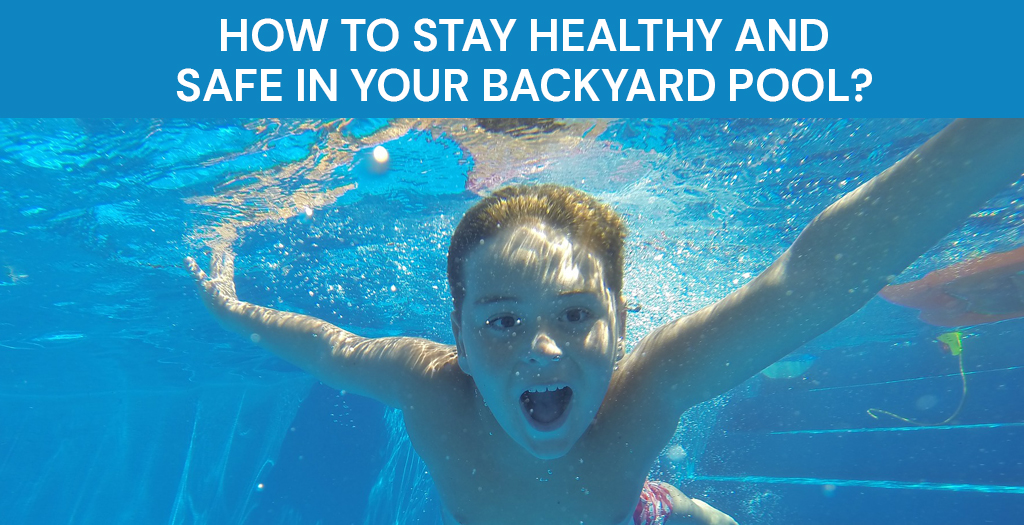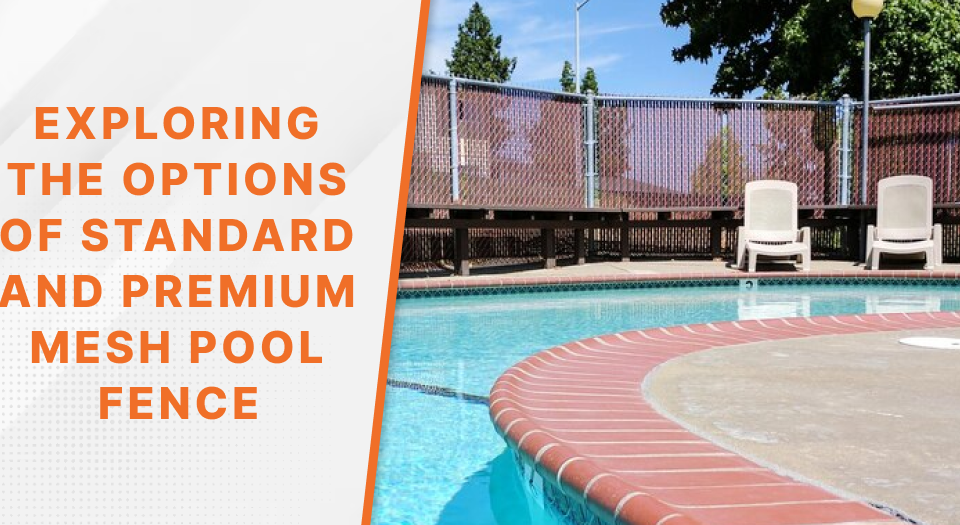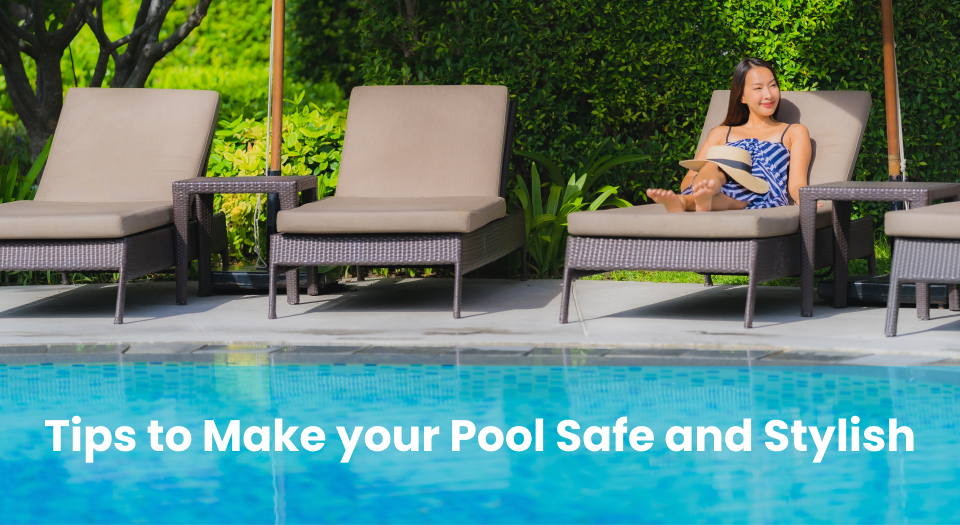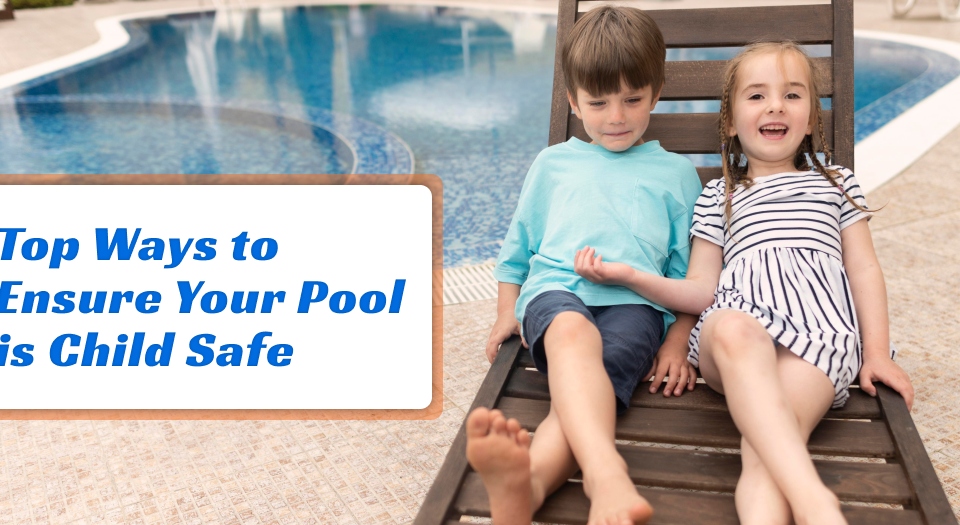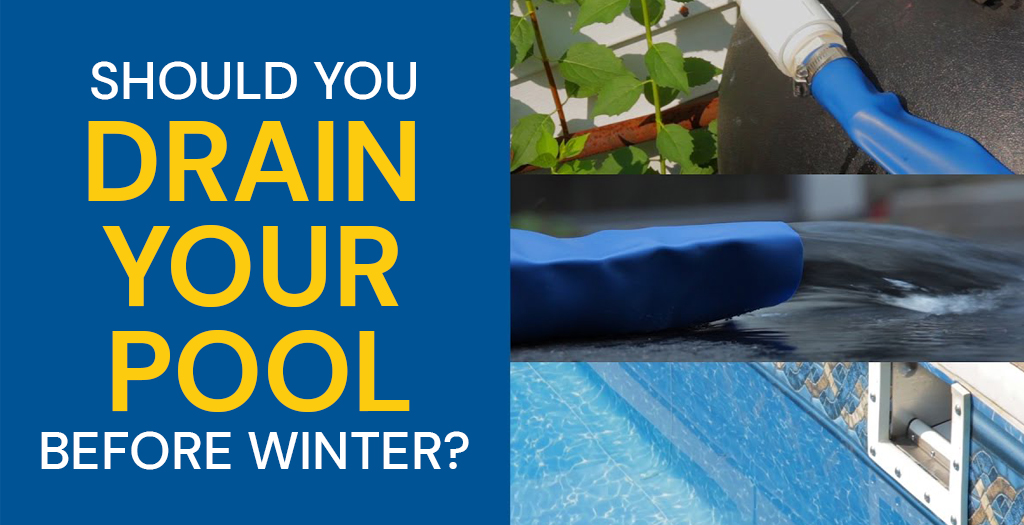
Should You Drain Your Pool Before Winter?
December 14, 2021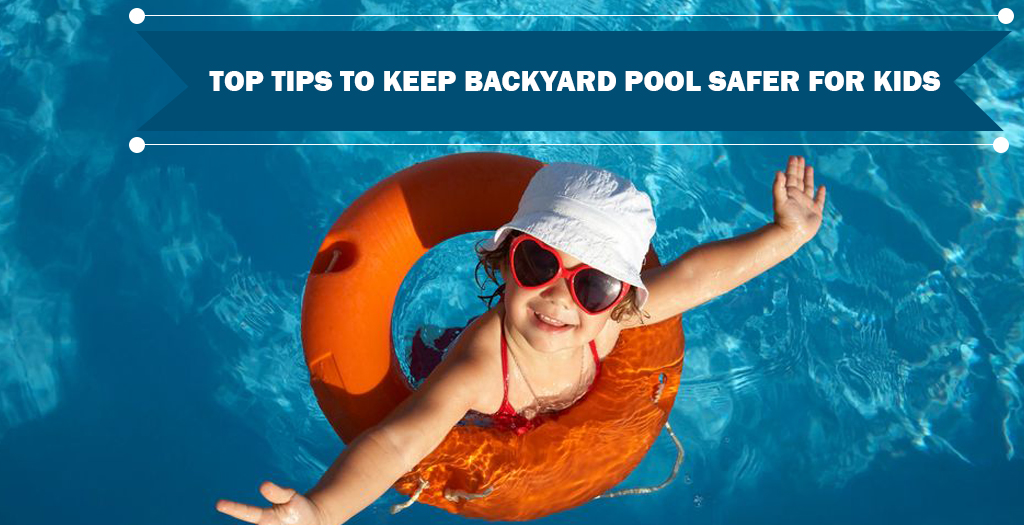
Top Tips to Keep Backyard Pool Safer for Kids
January 15, 2022A backyard pool is a fun way for you and your family to be active at home or relax. Either way, it is important to know what you need to do to reduce the risk of illness and injuries. Keep your backyard pool healthy and safe to maximize all the health benefits that swimming can bring.
Steps to prevent drowning
Drowning is one of the leading causes of injury-related deaths in young children 1-4 years old. However, there are things you can do to prevent drowning from happening in your pool:
- Know how to respond and recognize a swimmer in distress and perform CPR.
- Provide close and continuous supervision to the swimmers.
- Use U.S. Coast Guard-approved life jackets as directed.
- Make sure everyone has basic water safety and swim skills awareness.
- Prevent access to the water when the pool is not in use.
- Use alarms/locks for doors and windows.
- Maintain and install barriers such as four-sided fencing.
- Handle the pool chemicals safely
Handle the pool chemicals safely
Pool chemicals like chlorine are required to protect the swimmer’s health. However, mishandling pool chemicals may result in injuries to the body. U.S. emergency department has reported about 4,500 pool chemical injuries each year, and over 1/3rd of these preventable injuries are in teens or children.
If you store pool chemicals at your home, you need to take the following steps that can help you to prevent pool chemical injuries:
- Keep chemicals away and secure from pets and children.
- Wear safety equipment like goggles, gloves, and masks while handling chemicals.
- Read and follow all the directions on product labels.
- Kill germs in your pool
Kill germs in your pool
Disinfection (with bromine or chlorine) and pH are the first defense against germs that cause recreational water illnesses. At the recommended levels, bromine or chlorine can kill most germs in the water within minutes.
As a backyard pool owner, you must check the disinfectant (bromine or chlorine) level and pH at least twice per day (and more often when the use of the pool is heavy) to make sure they are correct:
- pH 7.2-7.8
- 1-10 parts per million (ppm) free chlorine or 3-8 ppm bromine
If the pH is too low or too high, it may cause problems including the decreasing bromine’s and chlorine’s ability to kill the germs. It may also cause eye and skin irritation in swimmers and result in damaging the pool pipes and other equipment.
Swimming and diarrhea don’t mix
While you enjoy yourself in the pool with your loved ones, it is crucial to make sure not to swim if you are sick with diarrhea. The reason is that even one diarrhea incident in the water may release millions of diarrhea-causing germs like E.coli, norovirus, Shigella, Giardia, and Cryptosporidium. These germs can make other swimmers sick if they swallow just a mouthful of contaminated water. Although most germs are killed within minutes by bromine or chlorine at the recommended levels, Cryptosporidium is a germ that can easily survive in properly treated water for more than a week.
You can protect yourself, your kids, and those who care about you from the germs present in the pool by following a few simple yet effective steps.
Before you get in
- Do not swim or let others swim if sick with diarrhea.
- Shower for at least 1 minute before getting into the water to remove dirt or anything on your body. Chlorine when gets mixed with pee, sweat, dirt, and poop, creates chemicals that make swimmers’ eyes red and sting.
- When chlorine mixes with poop, pee, sweat, and dirt mean that there is less chlorine available to kill germs.
Once you get into the pool:
- Don’t poop or pee in the water.
- Don’t swallow the water.
- Check kids’ diapers and take to bathroom break every hour.
- Dry ears with a towel thoroughly after swimming.
Conclusion
Pools should be enjoyable. Everyone must follow these simple steps to ensure safety in and around the water. You should stay safe, have fun and enjoy your time with family and friends during swim season.

